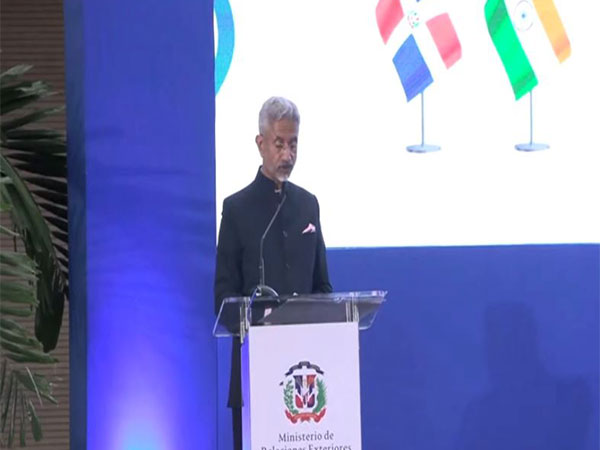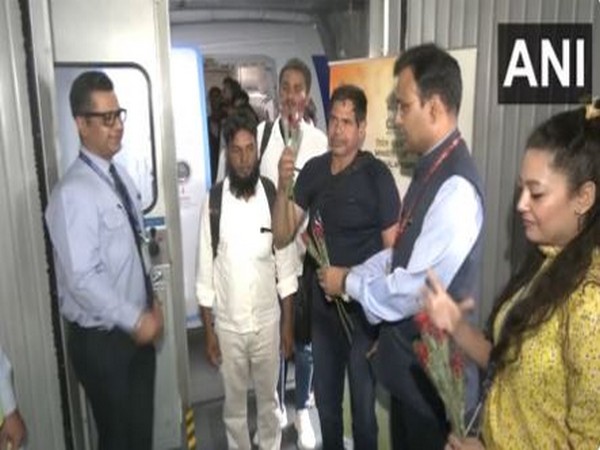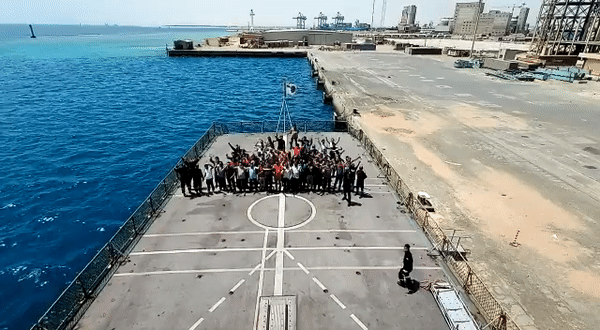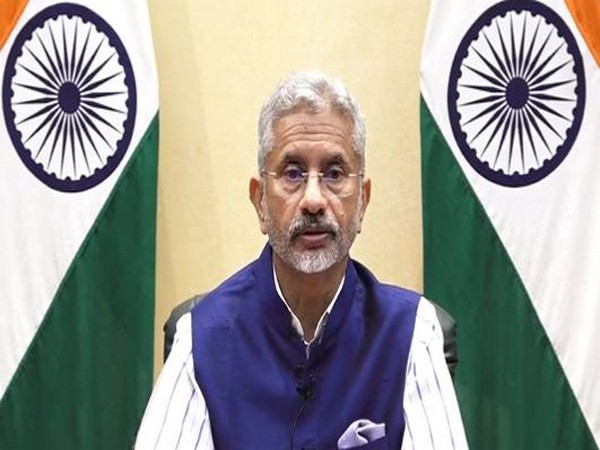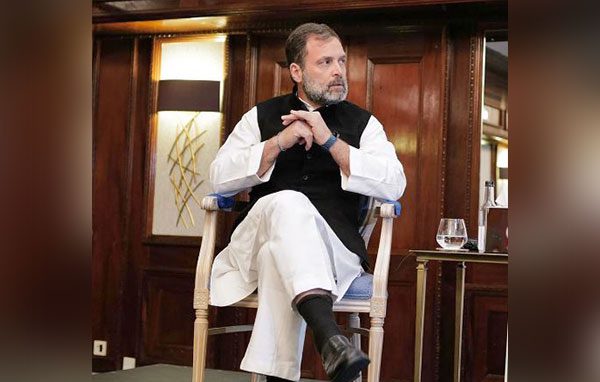India will soon embark on the second phase of the Passport Seva Programme (PSP-Version 2.0), which includes new and upgraded e-passports, External Affairs Minister S Jaishankar said on the occasion of Passport Seva Divas.
Jaishankar called on passport-issuing authorities in India and abroad to join him in renewing the pledge to provide passport and related services to people in a “timely, reliable, accessible, transparent and efficient manner.”
“We will soon be embarking on Passport Seva Programme (PSP) Version 2.0, including new and upgraded e-passports,” Jaishankar said in his message on Passport Seva Kendra.
He further stated, “In line with the Prime Minister’s vision of enhancing the ‘Ease of Living’ for citizens, these initiatives will usher in a new paradigm of ‘EASE”: E: Enhanced passport services to citizens, using a digital eco-system A: Artificial Intelligence-powered service delivery S: Smoother overseas travel using chip-enabled e-passports E: Enhanced data security.”
Jaishankar in his message stated, “I would like to call on all our passport issuing authorities in India and abroad to join me in renewing our pledge to provide passport and related services to citizens in a timely, reliable, accessible, transparent and efficient manner.”
While sharing Jaishankar’s message on Twitter, the Ministry of External Affairs stated, “Here is a message from EAM @DrSJaishankar, as we observe the Passport Seva Divas today. #TeamMEA reaffirms its commitment to provide passport and related services to citizens in a timely, reliable, accessible, transparent and efficient manner.”
Jaishankar said it was a matter of pleasure to felicitate all passport-issuing authorities in India and abroad and their colleagues from the Central Passport Organization on the occasion of the Passport Seva Divas 2023. He noted that this day is an occasion to take stock of what has been achieved and to reaffirm India’s resolve to strive to attain the highest standards in the delivery of passport services.
EAM Jaishankar said that Ministry of External Affairs (MEA) after the COVID-19 pandemic rose to address the surge in demand for passport-related services by increasing the number of daily appointments and organising special Drives over the weekends. He noted that the ministry processed a record 13.32 million passports and miscellaneous services in 2022, marking a rise of 63 per cent from 2021.
In his message, Jaishankar stated that Passport Seva Programme (PSP) has contributed significantly towards the Indian government’s goal of a ‘Digital India.’ He spoke about his visits to Passport Seva Kendras in several states.
Jaishankar noted that similar visits have been made by other ministers and senior officials of MEA. He further said, “These visits have enabled us to build a congruence between the levels of policy and operational governance. There will be no slowing down of such efforts in future as well.”
“PSP has significantly contributed towards the Government’s goal of a Digital India’, with milestones such as mPassport Seva Mobile App, mPassport Police App, integration of PSP with DigiLocker, and the ‘apply from anywhere’ scheme,” Jaishankar said in his message.
He further added, “While in 2014, there were 77 Passport Seva Kendras (PSKs) in the country, this number has increased 7-fold and stands at 523 today. In the context of POPSKS, I would like to acknowledge the role of the Department of Posts and state police authorities as esteemed partners.” (ANI)
Read More: http://13.232.95.176/


